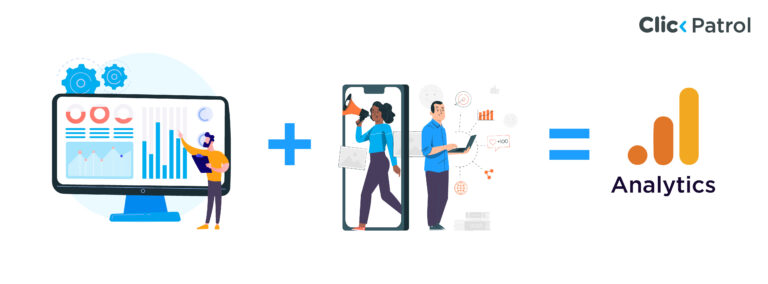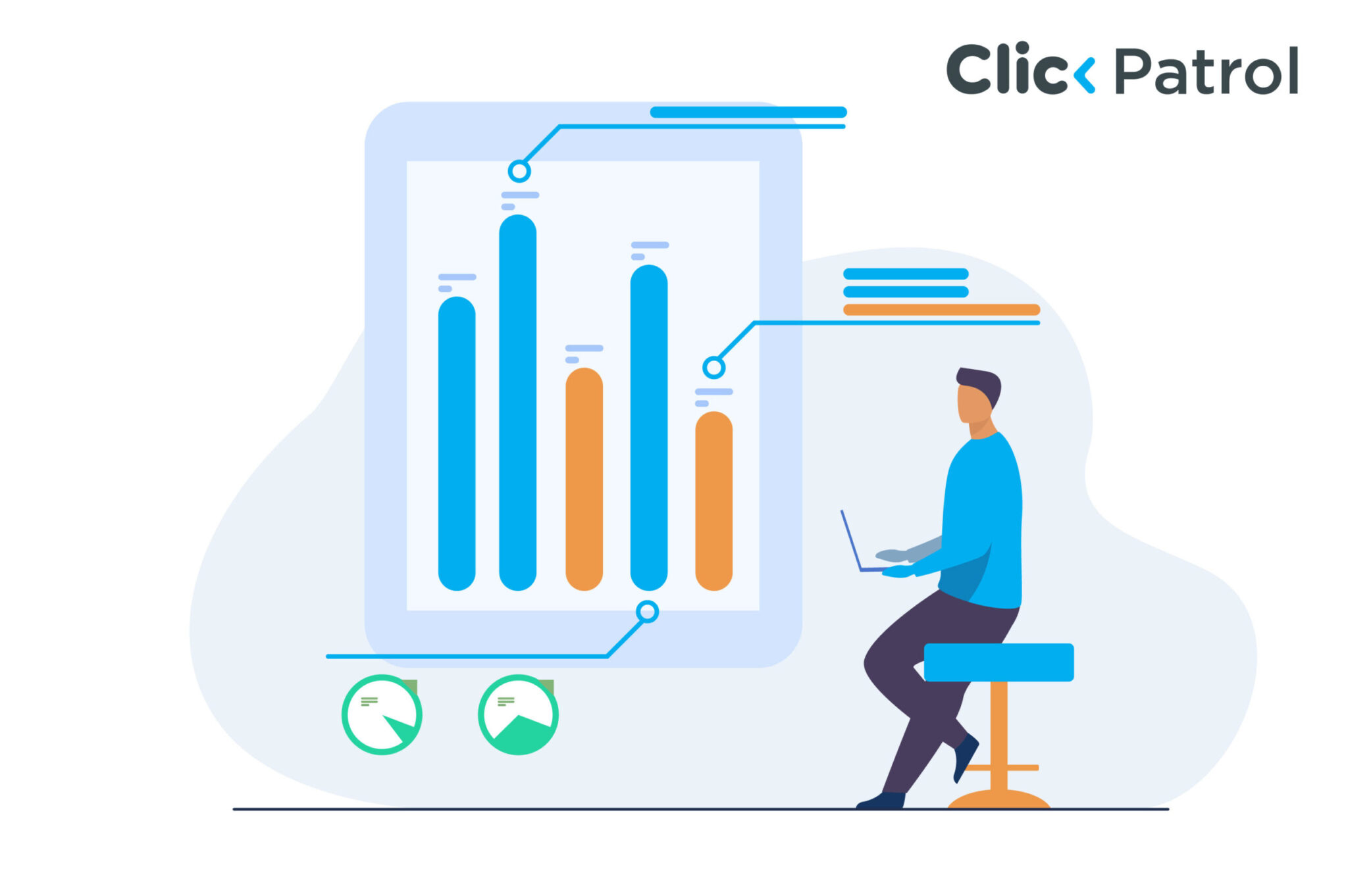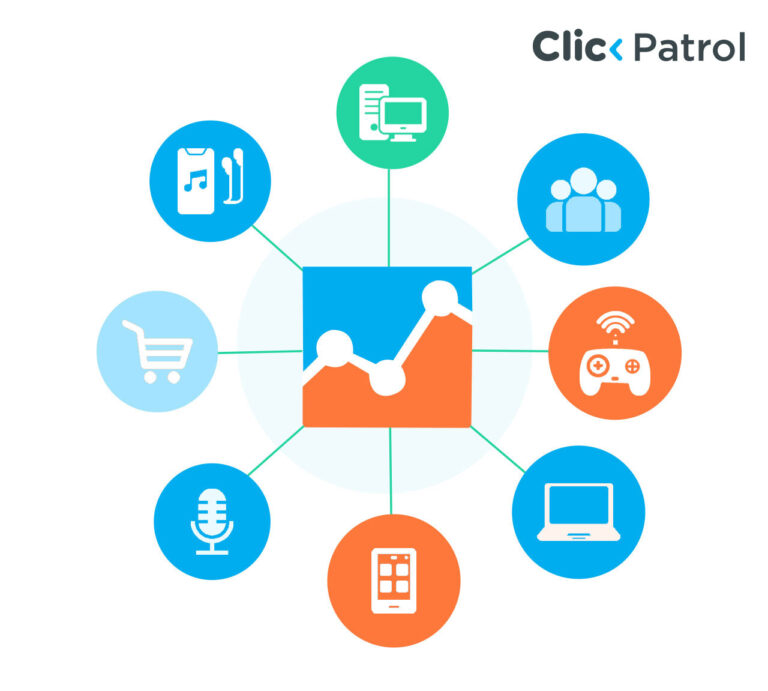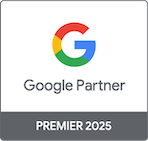
What Is The Relationship Between SEO And PPC Campaigns?
Abisola Tanzako | Feb 14, 2024

Table of Contents
Is there a relationship between SEO and PPC?
You may have heard that PPC is a short-term strategy and SEO is a long-term strategy. We understand why that is often said: SEO is long-term in that it usually takes a long time to get to page 1 ranking, whereas you can get to the top of page 1 with a PPC campaign.
This is great, but a guaranteed position on the first page does not equate to sales and revenue. PPC also takes time to fine-tune campaigns that truly serve your business.
However, these powerful marketing tactics should be done together and in the long term, as long as they each deliver ROI on their own. PPC and SEO have interrelated goals and objectives. Let’s explore the relationship between SEO and PPC.
What is SEO?
SEO means search engine optimization. SEO is a marketing tactic aimed at serving users searching on Google. Through SEO, we increase website visibility in search, get clicks through well-written, well-optimized title tags, and convert those clicks into inquiries or paying customers on well-designed pages tailored to your search needs.
Benefits of SEO
- Effort accumulates over time: Once you’ve worked hard, blogged, and achieved page 1 rankings, your posts are often easier to maintain and stay in those positions. As you continue to create pages on your website, you will gain more visibility and clicks.
- Data-driven marketing channels: SEO provides incredible data for all marketing. Through keyword research and competitor analysis, you’ll gain a deep understanding of your users, the problems they’re trying to solve, and exactly what you need to create to appear in front of them on Google.
- It’s inbound: Your audience will come to you once your site is live and ranked on Google. All you need to do is set up your channel correctly.
Disadvantages of SEO
- It may take time to see the results: SEO is a long-term strategy, often taking time to see results. You will often hear that results take 3-6 months. From experience, this is a reasonable estimate. Some individual keywords will indeed rank within a day, yes, while others can take up to a year or more. There are many factors, but one thing is sure: 3-6 months helps both parties manage their expectations.
- It’s not just about keywords: SEO is all about keywords and keyword research. With SEO, you must be very intentional, especially when applying keywords to pages with the best chance of ranking. It is highly strategic and requires a deep understanding of keywords, SERP analysis, consumers, competitor landscape, technical SEO, and more.
When to use SEO
It would help if you always thought about SEO. This is one of the most important marketing tactics, but the question is how much time and money you invest in SEO. This depends a lot on the website’s domain ranking, audience, and condition.
What is PPC?
PPC stands for Pay Per Click. It is a form of digital marketing in which you, the advertiser, pay Google (or social media) every time your ad is clicked.
Benefits of PPC
- Instant response: With PPC, you get instant results and thus have a fast feedback loop. As soon as you publish an ad, it will be live if the budget is set correctly. After just a few weeks, you can see how successful your ads were, whether people clicked on them, and even how much revenue was generated through your efforts.
- You are in control: You can set a budget that works for you and easily adjust it as needed to achieve desired results. If that doesn’t work, you can disable them. Simple.
- You can target specific audiences: PPC is very targeted. You can target and retarget) exactly the types of people you need on your website.
Disadvantages of PPC
- You have to spend money: PPC has a cost. If a business owner only wants to engage in SEO and PPC, SEO will come at the cost of time and less monetary cost. On the other hand, PPC requires consistent spending on advertising. If you make mistakes, PPC can be very expensive.
When to use PPC
Consider PPC as soon as your website is ready. This means your converted landing pages are converted and ready for users to use. Use PPC to test keywords to see if they are worth investing in SEO for.
When to use SEO and PPC together
The answer is always!
Okay, maybe not always, but you should at least try these two marketing tactics. The collaboration between advertising and SEO increases your visibility in SERPs, thereby increasing CTR. Think about it, with SEO and PPC, you can appear in SERP multiple times. Additionally, these multiple rankings are opportunities for your competitors to be invisible, which is great!
How are rankings different when comparing PPC and SEO?
Ranking factors that influence PPC ad visibility include ad quality, ad relevance, and ad spend.
SEO rankings are on Google and can be found in featured snippets like PAA or local listings on maps. SEO algorithms are complex, and while we don’t know everything that plays a role in SEO rankings, we know that quality content, answering search intent, keywords, backlinks, and more play an important role.
How does PPC affect SEO?
PPC can have a positive impact on SEO. Sometimes just having an ad there can increase SEO CTR. You also probably know at least a few people who prefer to avoid ads and opt for organic results.
However, paid advertising builds brands and hinders competitors’ rankings. Additionally, successful PPC campaigns can target very specific audiences, and positive actions on ads has the ability to boost SEO efforts.
Is PPC better than SEO?
For some brands, PPC may be the best option, but overall, we think SEO and PPC are incredible marketing tactics in their own right. The question is never really which is better but how to use both more effectively.





